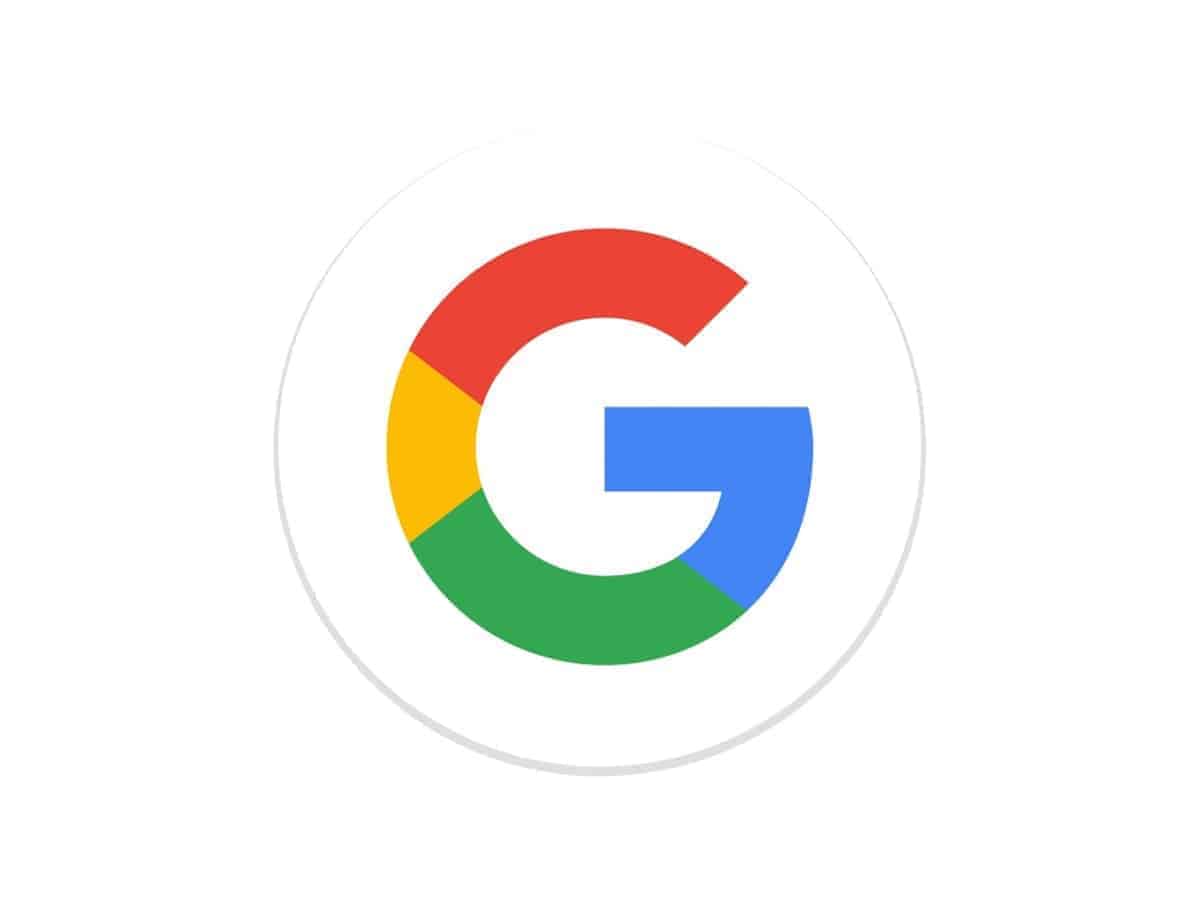
London: Ten European consumer groups on Thursday filed new privacy complaints against Google, alleging that Google is using deceptive design, unclear language and misleading choices when consumers sign up to a Google account to encourage more extensive and invasive data processing.
Contrary to its claims, the tech giant is thwarting consumers who want to better protect their privacy, said consumer groups under the coordination of the European Consumer Organisation (BEUC).
They are now taking action on suspected breaches of the EU’s General Data Protection Regulation (GDPR).
They said that Google is unfairly steering consumers towards its surveillance system when they sign up to a Google account, instead of giving them privacy by design and by default as required by the GDPR.
“Contrary to what Google claims about protecting consumers’ privacy, tens of millions of Europeans have been placed on a fast track to surveillance when they signed up to a Google account,” said Ursula Pachl, Deputy Director General of the BEUC.
“It takes one simple step to let Google monitor and exploit everything you do. If you want to benefit from privacy-friendly settings, you must navigate through a longer process and a mix of unclear and misleading options,” Pachl said in a statement.
In short, when you create a Google account, you are subjected to surveillance by design and by default.
“Instead, privacy protection should be the default and easiest choice for consumers,” the BEUC noted.
A consumer can choose to create a Google account voluntarily or be obliged to create one when they use certain Google products and services.
For example, they must create an account when they buy a smartphone that uses Google’s Android system, which almost seven in 10 phones worldwide (69 per cent) depend on, if they want to download apps from the Google Play store.
The consumer rights groups said that with only one step (Express personalisation), the consumer activates all the account settings that feed Google’s surveillance activities.
Google does not provide consumers with the option to turn all settings ‘off’ in one click.
If consumers want to activate the more privacy-friendly options, this requires “Manual personalisation” — five steps with 10 clicks and grappling with information that is unclear, incomplete, and misleading, the consumer groups alleged.
“Regardless of the path the consumer chooses, Google’s data processing is un-transparent and unfair, with consumers’ personal data being used for purposes which are vague and far reaching,” they argued.
Google was yet to react to the privacy complaint.
“Google is a repeat offender. It is more than three years since we filed complaints against Google’s location-tracking practices and the Irish Data Protection Commissioner in charge has still not issued a decision on the case,” said Pachl.
“This case is of strategic importance for which cooperation among data protection authorities across the EU must be prioritised and supported by the European Data Protection Board,” she added.

